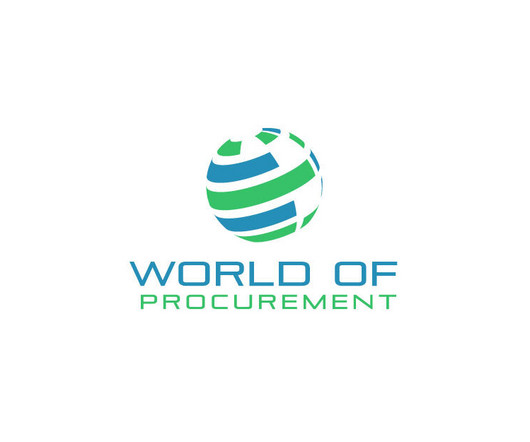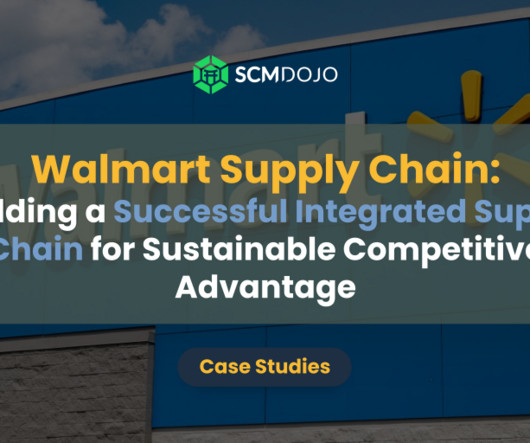Inventory Management — Everything You Should Know
Procurement Tactics
JUNE 8, 2023
Inventory management is a way for companies to figure out what and how much they should order, and when to do it. It keeps track of inventory from the time it is purchased until it is sold to customers. This helps companies ensure they always have enough stock to meet customer demands and warns them if they are running low.












Let's personalize your content